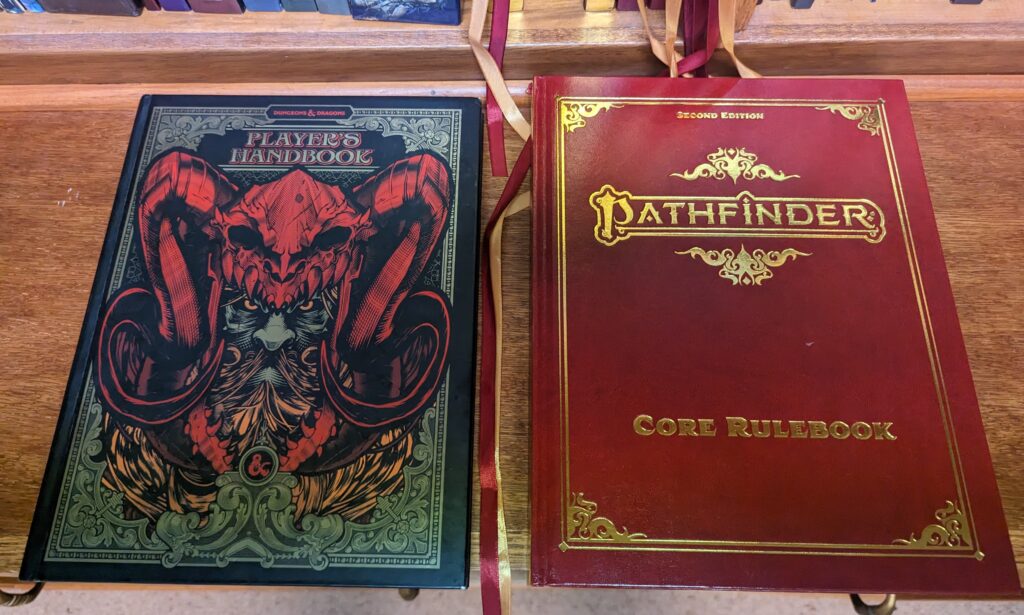
In-Person vs. Online TTRPG Play: System Breakdown
In preparation for the podcast, I researched many gaming systems and reviewed their performance in person and online.
After pulling opinions from Reddit and articles on the topic, I decided to list some of the systems I looked up.
I haven’t played all of these systems, and this is mostly an opinion piece. I wanted to share it since it was such a fun topic on the Podcast.
D20-Based Systems
Dungeons & Dragons 5e

- Best for: In-person and online but slightly favors in-person for casual roleplay-focused groups and online for tactical play.
- In-Person Pros: Flexible roleplay, easy-to-run simplified battle maps, and good for theater of the mind.
- Online Pros: VTTs (Roll20, Foundry) automate combat, spell management, and initiative tracking.
- Challenges: Heavy tactical play without digital tools can slow things down.
Pathfinder 2e
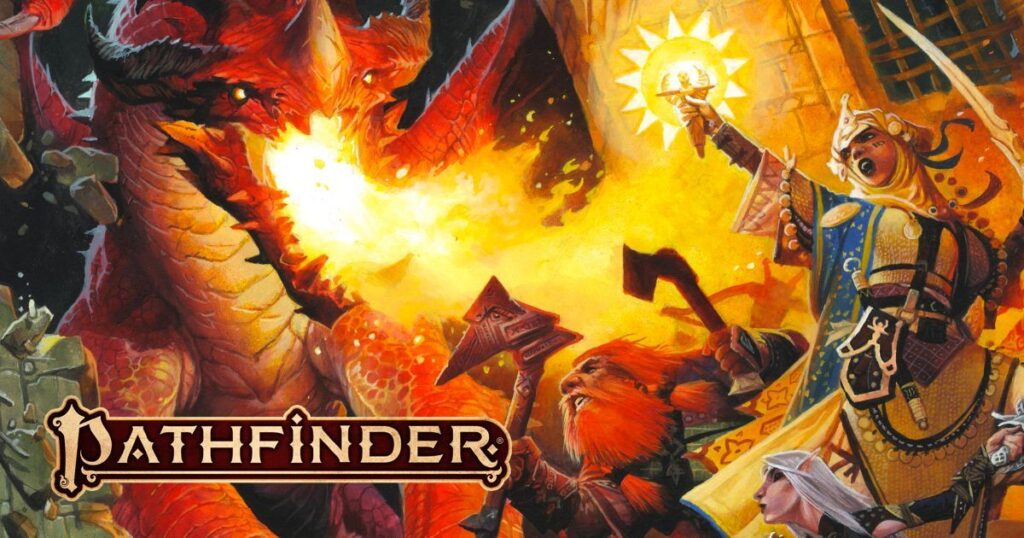
- Best for: Online due to automation, but works well for in-person groups with strong tactical engagement.
- In-Person Pros: Tactile experience with maps and miniatures; deep strategy.
- Online Pros: VTTs like Foundry handle complex calculations and speed up tracking conditions and initiative.
- Challenges: In-person, deep mechanics require strong player system mastery to keep things moving.
Starfinder
- Best for: Online, as digital tools make managing sci-fi combat and character options easier.
- In-Person Pros: Engaging tactical play for groups comfortable with crunch.
- Online Pros: VTTs automate starship combat, which is complex in-person.
- Challenges: Starship combat is notorious for slowing down in-person games.
Mech & Sci-Fi Systems
Lancer
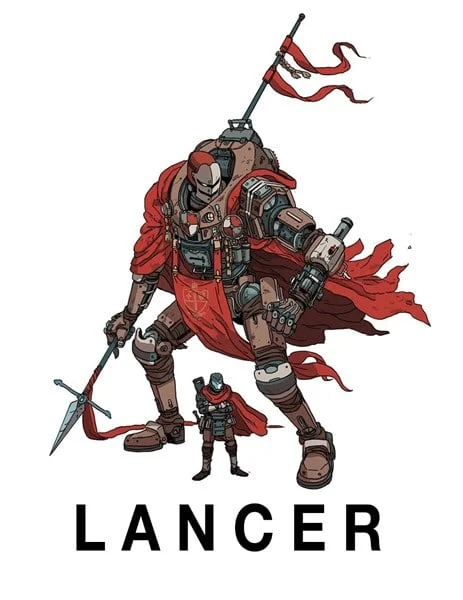
- Best for: Online due to deep tactical combat and reliance on digital tools.
- In-Person Pros: Narrative play is immersive when roleplay-focused.
- Online Pros: COMP/CON integration for mechs, detailed battle maps in VTTs.
- Challenges: Managing mech statuses and customizations in person can slow gameplay.
Cyberpunk RED
- Best for: Either, but leans toward online for managing crunch-heavy combat.
- In-Person Pros: Works well for roleplay-driven and heist-heavy groups.
- Online Pros: Digital character sheets simplify hacking and combat.
- Challenges: Netrunning can slow in-person games unless it is well-planned.
Shadowrun (Any Edition)
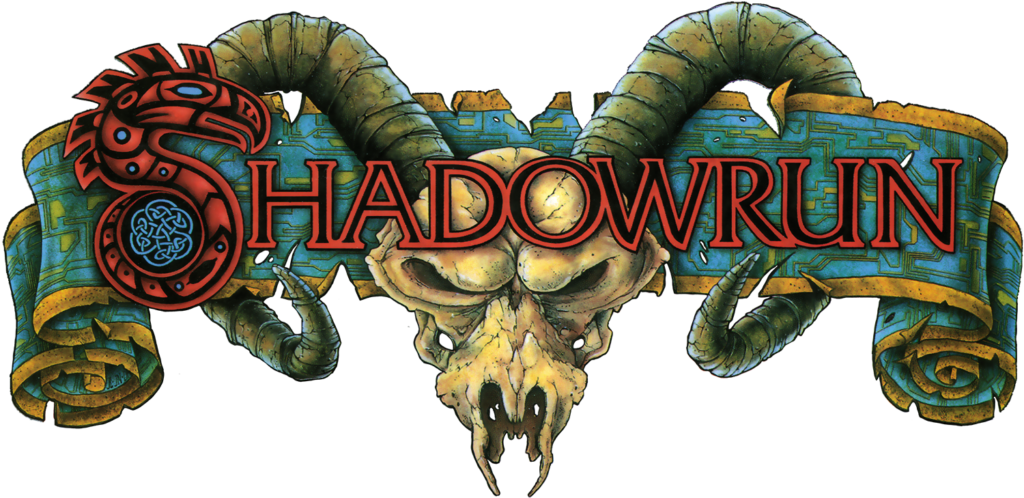
- Best for: Online due to complex dice pools and initiative rules.
- In-Person Pros: Roleplay and planning are substantial aspects of face-to-face sessions.
- Online Pros: Digital automation speeds up rolling pools, hacking, and combat.
- Challenges: The in-person experience is often bogged down by its notorious rule complexity.
Narrative-Focused & Cinematic Games
7th Sea (2nd Edition)
- Best for: In-person due to freeform, cinematic action.
- In-Person Pros: Benefits from theatrical storytelling, fluid action sequences.
- Online Pros: Works fine, but can lose some of its improvisational energy.
- Challenges: Heavy narrative reliance can feel less organic online.
Blades in the Dark

- Best for: Either, but thrives in-person for spontaneous group storytelling.
- In-Person Pros: Face-to-face play enhances quick decision-making and roleplay.
- Online Pros: Digital tools help with clock tracking, playbooks, and notes.
- Challenges: Online play can feel less dynamic if players struggle with improvisation.
FATE Core / Accelerated
- Best for: Either, but thrives in-person for organic storytelling.
- In-Person Pros: Works well for collaborative roleplay and fewer rule constraints.
- Online Pros: Can be played easily with simple dice rollers.
- Challenges: Online, the freeform nature may lead to disengagement.
Horror & Investigation-Based Systems
Call of Cthulhu

- Best for: Either, with a slight edge to in-person for immersive horror.
- In-Person Pros: Atmosphere, tension, and handouts add to immersion.
- Online Pros: VTT tools help manage handouts, audio cues, and large clue databases.
- Challenges: Slow investigation pacing can sometimes cause online player disengagement.
Alien RPG
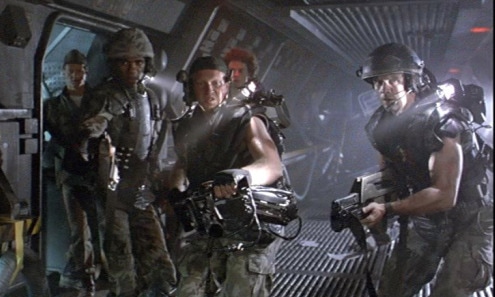
- Best for: In-person for immersive tension, but online for tactical survival horror.
- In-Person Pros: Better at delivering atmosphere, face-to-face horror tension.
- Online Pros: VTT automation handles stress and panic rolls effectively.
- Challenges: Maintaining tension online can be tricky, but digital tools help.
Vaesen (Year Zero Engine)
- Best for: In-person, as investigation-heavy games benefit from table discussion.
- In-Person Pros: Immersive mystery-solving works well in face-to-face play.
- Online Pros: VTTs help organize case files and clue tracking.
- Challenges: Too much digital reference use can slow the pacing.
Indie & Rules-Light Games
Monster of the Week (PbtA)
- Best for: In-person due to strong collaborative storytelling.
- In-Person Pros: Works well for episodic mystery-solving.
- Online Pros: Simple mechanics translate well to digital play.
- Challenges: Some groups struggle with keeping the mystery of the investigation engaging online.
Mörk Borg / CY_BORG

- Best for: Either, though in-person adds to the gritty, DIY aesthetic.
- In-Person Pros: The tactile experience of printed books and custom tables adds to immersion.
- Online Pros: VTTs make fast-paced, deadly encounters more streamlined.
- Challenges: The brutal nature of the system can lead to disengagement online if the pacing is slow.
Troika!
- Best for: In-person, due to its chaotic, narrative-driven nature.
- In-Person Pros: Absurdist fantasy benefits from fast table interactions.
- Online Pros: Works fine but loses some of its eccentric energy.
- Challenges: Some of its randomness and surreal humor don’t translate well digitally.
Additional Discussion Points from the Podcast
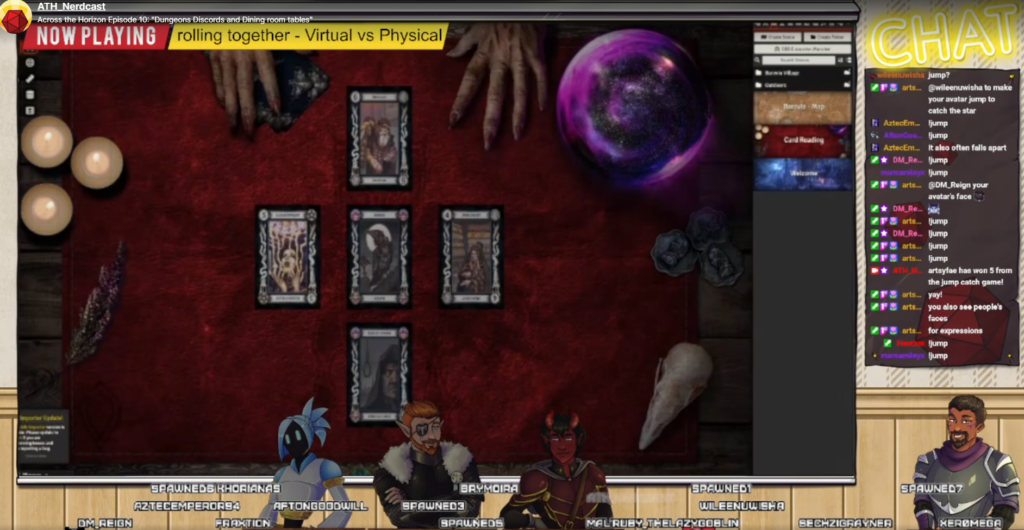
- Hybrid Play:
- Some groups use in-person for major roleplay sessions and online tools for combat-heavy sequences.
- Example: A Lancer group meets in person for RP but does combat online with COMP/CON.
- Accessibility Considerations:
- Online play allows players with disabilities to engage more quickly.
- Some games (like PF2e and Shadowrun) are easier to play with digital assistance.
- Roleplay vs. Mechanics Balance:
- Rule-heavy games (PF2e, Shadowrun, Lancer) thrive with online automation.
- Narrative-heavy games (7th Sea, Blades in the Dark) work best in person.
- It still seems that in-person tends to have the most positive reception regardless of the system.
